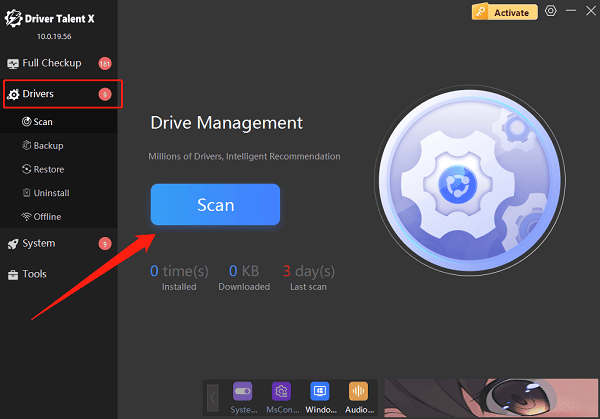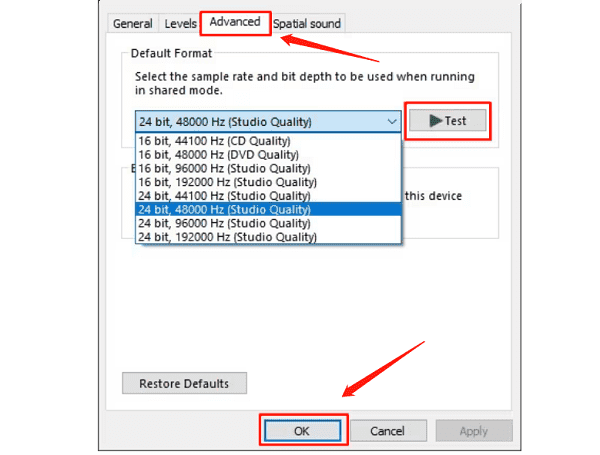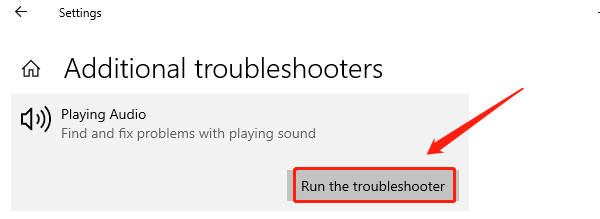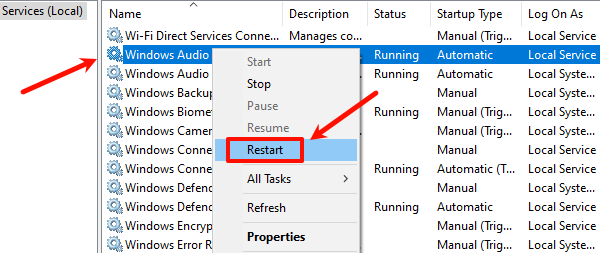When using a Windows computer, many users find that there is no sound from Realtek Digital Output. This issue is common among users who connect their speakers or headphones via digital audio output (such as optical or HDMI), and it can significantly disrupt everyday tasks like work and entertainment.
Don't worry—this article will explain the common causes of Realtek Digital Output having no sound and offer multiple effective solutions to help you quickly restore normal audio output.
Common Causes of Realtek Digital Output No Sound
Before fixing the issue, it's important to understand the typical causes to address it effectively:
Realtek audio driver is missing or corrupted
Incorrect default audio output device settings
Digital output device is not properly connected or enabled
System configuration errors after Windows updates
Sound is muted or volume is set to zero
Playback device does not support the selected digital audio format
Effective Solutions
1. Update the Realtek Audio Driver
Outdated or corrupted drivers are one of the main reasons for no sound from Realtek output. It's recommended to use a professional driver management tool like Driver Talent X to detect and automatically fix audio driver issues—saving time and reducing the risk of installing the wrong drivers.
Click the button below to download the latest version of Driver Talent X, then install and launch it.
Go to the "Drivers" section and select "Scan" to check all your system drivers.

In the results, locate the Realtek audio driver and click "Upgrade".
After the update, restart your computer to ensure changes take effect.
2. Check the Default Audio Output Device
Right-click the volume icon in the bottom-right corner → Select Sound settings.
Under "Output", click the drop-down menu.
Choose Realtek Digital Output as the default device.
If you're using analog speakers or headphones, select Speakers instead.
Tip: If you mistakenly select Digital Output while using a 3.5mm jack device, it will result in no sound.
3. Check Audio Format Settings
Right-click the volume icon in the bottom-right taskbar → Select Sounds.
Go to the "Playback" tab, then double-click Realtek Digital Output to open "Properties".
Switch to the Advanced tab.
Under "Default Format", try different sample rates and bit depths (e.g., 24-bit, 48000 Hz).

Close the window and test if the sound works.
4. Run the Audio Troubleshooter
Open Settings → Go to "Update & Security".
Select "Troubleshoot" from the left menu → Click "Additional troubleshooters".
Find "Playing Audio" and click "Run the troubleshooter".

Windows will automatically detect and try to fix any issues. After it completes, test your sound.
5. Check Windows Audio Services
Press Win + R, type "services.msc", and press Enter.
In the list, find Windows Audio and make sure it's running.
If it's not running, right-click and select "Start".
If it's already running, right-click and choose "Restart".

Close the window and test your sound.
6. Check Connection and Audio Equipment
Ensure optical or HDMI cables are firmly connected.
Make sure the receiving device (e.g., speaker, amplifier) is turned on and set to the correct input source.
Try switching to another output device (e.g., speakers) to rule out hardware issues.
Additional Tips
Try restoring the system to a previous point where the audio was working.
Check for third-party audio software conflicts.
For desktop PC users, check BIOS settings to ensure the onboard sound card is enabled.
Although the "no sound from Realtek Digital Output" issue is common, in most cases it can be resolved through simple settings adjustments or driver updates. Always start by checking your audio device selection and driver status. Driver Talent X is highly recommended for quick diagnostics and driver repair.
If none of the above solutions work, consider consulting a professional technician to inspect the hardware or replace the audio output interface.
